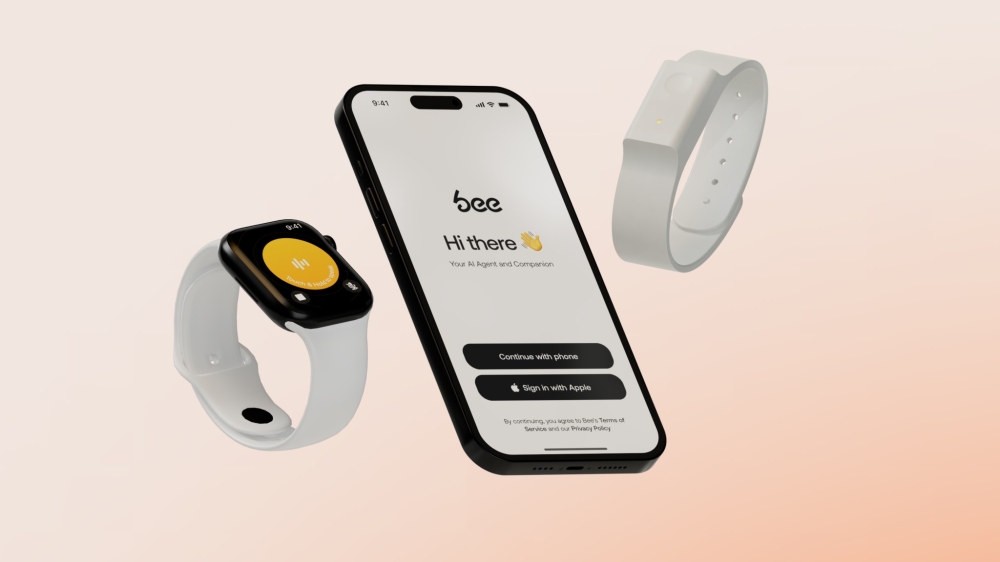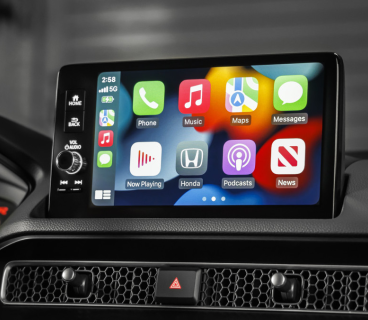Amazon has announced its acquisition of Bee, a startup specializing in artificial intelligence-based wearable technology. The news was first shared by Bee’s co-founder, Maria de Lourdes Zollo, on her personal LinkedIn account. Amazon confirmed the deal to TechCrunch, noting that although an agreement has been signed, the acquisition has not yet been fully finalized.
Bee produces devices that continuously listen to users’ voices and help simplify daily tasks by generating reminders and to-do lists. These devices are mainly offered in two formats: a Fitbit-like wristband priced at $49.99 with a monthly subscription fee of $19, and a mobile app for Apple Watch. Unless manually muted by the user, the device records all surrounding sounds.
The company plans to develop a concept called the “cloud phone,” which would enable the Bee device to access the user’s phone accounts and notifications, offering a more personalized and integrated experience.
According to Bee’s official website:
“We believe everyone should have access to a personal and ambient intelligence that feels less like a tool and more like a trusted companion — one that helps you reflect, remember, and navigate your day.”
While other players in the market such as Rabbit and Humane AI have introduced similar devices, they have not achieved significant sales success. Bee’s affordable pricing strategy makes it an attractive option for consumers interested in AI but unwilling to make a large financial commitment. For comparison, Humane AI’s unsuccessful AI Pin device was priced at $499.
Amazon has also offered employment opportunities to Bee’s team members as part of the acquisition. This move signals Amazon’s intention to expand beyond its voice-controlled Echo product line and strengthen its position in the AI-powered wearable technology space.
Competition in this sector is intensifying:
- OpenAI is developing its own AI hardware.
- Meta is integrating AI into smart glasses.
- Apple is rumored to be working on AI-powered smart glasses as well.
The development of such devices raises privacy and data security concerns. Manufacturers adopt varying policies; Bee currently states that voice recordings are not stored on servers, not used for AI training, and users can delete their data at any time. However, AI-learned individual habits remain stored on the device to enable its assistant functionalities.
The company is also working on features that ensure only voices of consenting individuals are recorded and that recordings can be automatically paused based on subject matter or location. Moreover, it plans to perform data processing on the device itself, which generally poses fewer privacy risks compared to cloud processing.
It remains unclear whether these policies will change once Bee is fully integrated into Amazon. It is worth noting that Amazon has faced criticism in the past for sharing footage from its Ring security cameras with law enforcement without user consent or a warrant. In 2023, Amazon settled a legal case with the Federal Trade Commission concerning unauthorized data access by employees and contractors.







